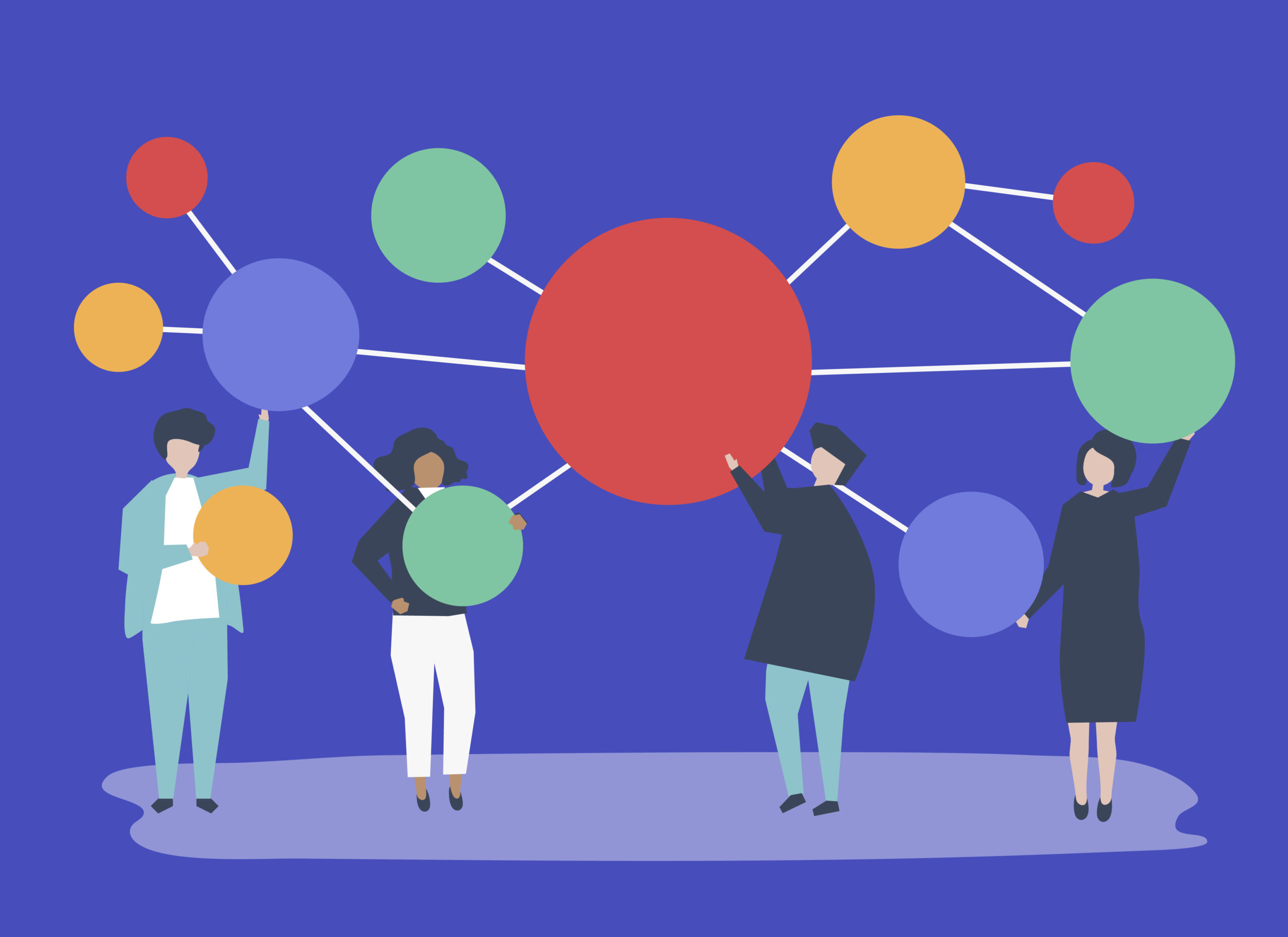Introduction:
In the realm of blockchain technology, Decentralized Autonomous Organizations (DAOs) have emerged as a groundbreaking concept. DAOs revolutionize traditional organizational structures by leveraging blockchain’s decentralized nature. In this blog post, we will demystify DAOs, explaining what they are, how they work, and showcasing real-world blockchain projects that have embraced this innovative framework. Let’s dive in!
What is a DAO?
A Decentralized Autonomous Organization, or DAO, is a community-driven, decentralized entity that operates on a blockchain network. It is governed by smart contracts, allowing participants to collectively make decisions and execute actions without the need for a centralized authority. DAOs are designed to be transparent, open, and inclusive, with decision-making power distributed among its members.
How Do DAOs Work?
DAOs utilize smart contracts to create a framework for governance and decision-making. These smart contracts contain rules, guidelines, and protocols that dictate how the organization operates. Members of a DAO hold voting rights, enabling them to participate in decision-making processes. Proposals, such as funding requests or changes to the organization, are submitted and voted upon by members. Once approved, the smart contracts automatically execute the proposed actions.
Benefits of DAOs:
Transparency and Trust: DAOs operate on a blockchain network, ensuring transparency and trust. All decisions, transactions, and actions are recorded on the blockchain, providing an auditable and tamper-proof history of the organization’s activities.
Decentralization: DAOs eliminate the need for a centralized authority, distributing power and decision-making among its members. This fosters a more inclusive and democratic environment, where participants have a voice and influence in shaping the organization’s direction.
Efficiency and Automation: Smart contracts automate the execution of proposals, eliminating the need for manual intervention. This streamlines processes, reduces administrative overheads, and enables faster and more efficient decision-making.
Flexibility and Adaptability: DAOs are designed to be flexible and adaptable to changing circumstances. The governance framework can be updated through voting mechanisms, allowing the organization to evolve and respond to the needs of its community.
Real-World Examples:
Aragon (ANT): Aragon is a blockchain project that aims to empower individuals and organizations to create and manage DAOs. It provides an open-source framework that simplifies the creation and governance of decentralized organizations, allowing users to participate in decision-making and collaborative processes.
MakerDAO (MKR): MakerDAO is a decentralized lending platform built on the Ethereum blockchain. It operates as a DAO and governs the stablecoin Dai. Participants can vote on proposals and decisions related to the stability and management of the Dai stablecoin, ensuring the system remains secure and stable.
DAOstack (GEN): DAOstack is a platform that enables the creation and management of DAOs. It provides tools, protocols, and frameworks for decentralized governance, allowing communities to collaborate, make decisions, and allocate resources in a transparent and efficient manner.
Conclusion:
Decentralized Autonomous Organizations (DAOs) represent a new paradigm in organizational structures, powered by blockchain technology. By leveraging smart contracts and collective decision-making, DAOs promote transparency, trust, and decentralization. They enable communities to collaborate, govern, and allocate resources in a democratic and efficient manner. With projects like Aragon, MakerDAO, and DAOstack leading the way, DAOs are reshaping industries and empowering individuals to participate in the future of decentralized governance. Embrace the power of DAOs and join the movement towards a more inclusive and transparent organizational landscape.
